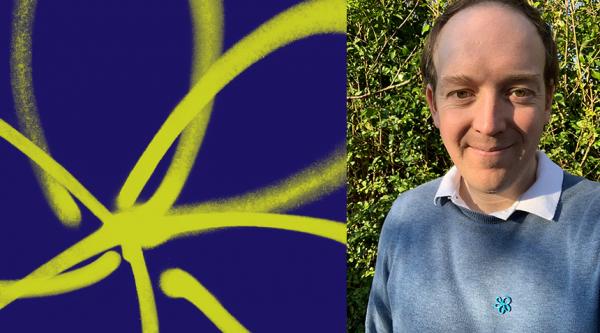Study finds it may be possible to restore memory function in people with Alzheimer’s disease – Alzheimer’s Society comments
Research published today in the journal Brain suggests a new approach to Alzheimer's disease that may eventually make it possible to reverse memory loss, a hallmark of the disease in its late stages.
The team, led by University at Buffalo scientists, found that, by focusing on gene changes caused by influences other than DNA sequences -- called epigenetics -- it was possible to reverse memory decline in mice with Alzheimer’s disease.
Dr James Pickett, Head of Research at Alzheimer’s Society, says:
'The brain changes that take place in someone with Alzheimer’s disease are incredibly complex. Taking an epigenetic approach - changing the way our cells read the genes in our DNA - has the potential to target, and even reverse, these complex changes. But, before we get ahead of ourselves, it’s crucial to note that this study has only shown promise in mice so far, and the results were short-lasting.
'Epigenetics holds a lot of potential for dementia research. With no new treatment for dementia in the past 15 years, and the number of people living with the condition on the rise, it’s an approach that our researchers are using to understand the underlying causes of Alzheimer’s.'




